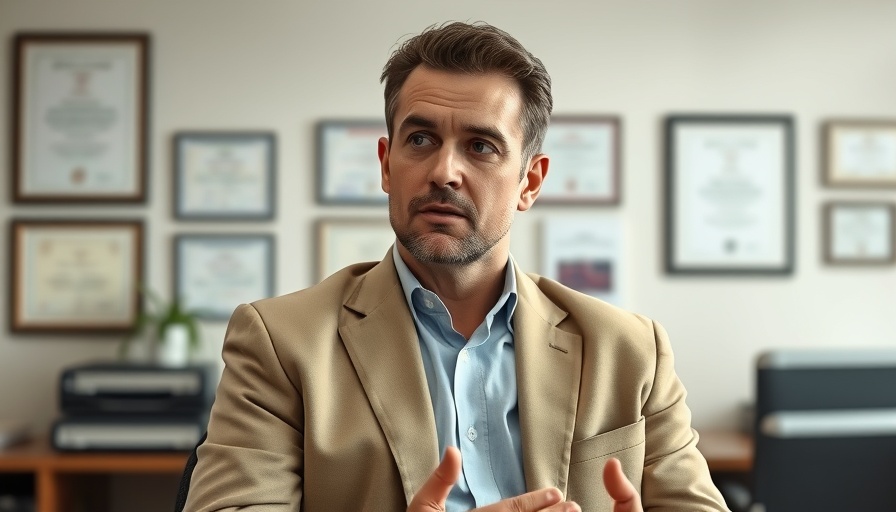
The Tension Between Free Speech and Professionalism
In an era dominated by social media, discussions around free speech versus professionalism have become ever more prevalent. The recent passing of conservative activist Charlie Kirk has ignited a flurry of commentary, revealing not just differing opinions on political figures but also the urgent need for professionals to navigate their online expressions carefully. In Pensacola, the stakes are high as employers are increasingly monitoring employees’ social media postings, urging them to maintain a professional online presence.
What Happened in Milton?
One notable case involved a Milton resident who lost his job after his wife's controversial comments regarding Kirk were posted online. This incident highlights the immediate repercussions that social media activity can provoke, sparking heated debates about personal rights and workplace expectations. According to local business owners Jeff and Jennifer Harding, they too felt the backlash when comments made by a former employee posed challenges to their reputation, demonstrating how quickly the boundaries of personal expression can intersect with professional consequences.
The Role of Employers
Florida’s Department of Education recently circulated a memo emphasizing that while employees possess free speech rights, these do not apply without limits in the workplace. This directive raises intriguing questions about what constitutes “professional” behavior. Eric Stevenson, a Pensacola attorney, argues that while people are entitled to express their views, what they post publicly can ignite workplace issues if interpreted as harassment. He notes, "If someone is publicly debating an issue, that’s generally not harassment. However, repeated private messaging or direct threats could cross that line." This distinction complicates how individuals perceive their freedom to share thoughts online.
The Dynamic Nature of Professional Standards
Understanding what is deemed professional versus unprofessional can vary widely among employers. Stevenson cautions individuals, especially those concerned about job security, to think carefully about their social media contributions, as the definition of professionalism is at the discretion of employers. "The danger lies in the subjective nature of ‘professionalism’—what one employer tolerates, another may not, leading to varied consequences across different workplaces," he advises.
Future Considerations for Social Media Users
As social media usage continues to rise, professionals must consider how their online actions reflect on their employment and public perception. The challenge lies not only in maintaining one’s first amendment rights but also in balancing those rights with maintaining a professional image in the eyes of employers, colleagues, and the public.
Making Informed Decisions Online
Professionals and employees alike should be aware of the implications their online statements can have on their careers. Transparent discussions about acceptable social media conduct within companies may help mitigate misunderstandings and allow employees the freedom to express their opinions without fear of losing their jobs. Overall, dialogue about free speech, professionalism, and social media is essential for fostering a workplace culture that values both individual expression and appropriate conduct.
 Add Row
Add Row  Add
Add 




Write A Comment